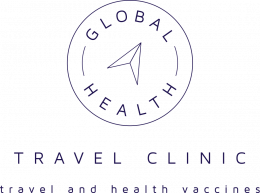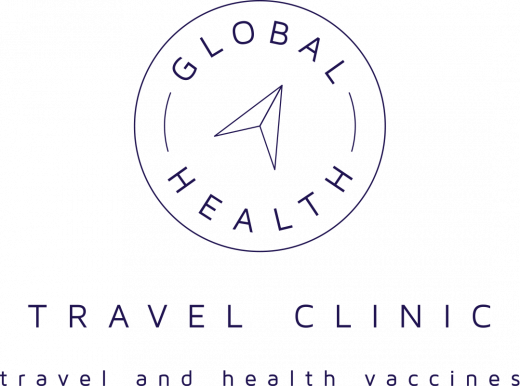The entire state of São Paulo, Brazil should also be considered at risk for yellow fever transmission in addition to existing areas.
The outbreak of yellow fever (YF) that occurred in 21 Brazilian states between December 2016 and June 2017 resulted in 777 confirmed human cases and 261 deaths During the winter months in Brazil (June to September), yellow fever activity subsided, with fewer cases reported. However, between July 2017 and January 2018 an increase in the level of YF virus was reported in some states. The majority of YF activity in was reported in São Paulo state, where outbreaks continued despite unfavourable climatic conditions for transmission. Some outbreaks were reported in municipalities not previously considered at risk of YF. Of the eleven human cases of YF reported in Brazil between July 2017 and early January 2018, eight were reported from São Paulo state with two reported deaths.
A case of YF has recently been reported in a traveller from the Netherlands, who had stayed in Maripora, a municipality in the São Paulo metropolitan region during December 2017. The traveller was hospitalised in the Netherlands on his return from Brazil and has made a complete recovery; he had no history of YF vaccination before his trip.
Because of the increased level of YF virus activity across the state of São Paulo, the entire state should now also be considered at risk for yellow fever transmission (in addition to other parts of Brazil known to be at risk of YF transmission), and YF vaccination is recommended for travellers visiting any area in São Paulo state, following routine risk assessment.
Advice for travellers
Yellow fever is transmitted to humans via the bite of an infected mosquito. You should take insect bite avoidance measures, day and night, when visiting countries with a risk of any disease transmitted by insects, including YF.
Although there is no requirement for a certificate of vaccination for entry to Brazil (unless arriving from specified other countries with YF risk), YF vaccination is recommended for your personal protection if you are travelling to risk areas in Brazil, including travel to any part of São Paulo state. You should seek advice from a health professional regarding recommendation for vaccination.
One dose of YF vaccine will, in most circumstances, provide lifelong protection against this disease. You should seek advice from a health professional if you need to clarify your vaccination status.
General Insect bite prevention
Mosquitoes, certain types of flies, ticks and bugs can cause many different diseases. e.g. malaria, dengue fever, yellow fever. Some bite at night, but some during daytime so protection is needed at all times.
Avoid being bitten by:
- Covering up skin as much as possible if going out at night, (mosquitoes that transmit malaria bite from dusk until dawn). Wear loose fitting clothes, long sleeves, trousers or long skirts.
- Use insect repellents on exposed skin. Picardan 20% or DEET 50% products are the most effective.
- If using sunscreen always apply first, followed by an insect repellent spray on top.
- If room is not air conditioned, but is screened, close shutters early evening and spray room with knockdown insecticide spray.
- Electric insecticide vaporisers are very effective as long as there are no power failures!
- There is no scientific evidence that electric buzzers, savoury yeast extract, tea tree oil, bath oils, garlic and vitamin B are effective.

